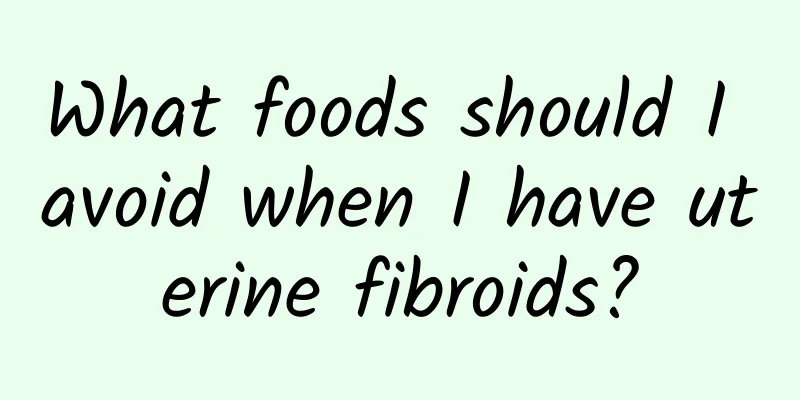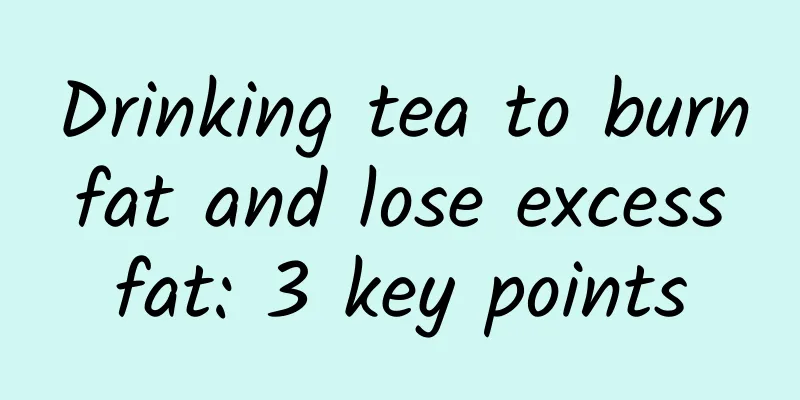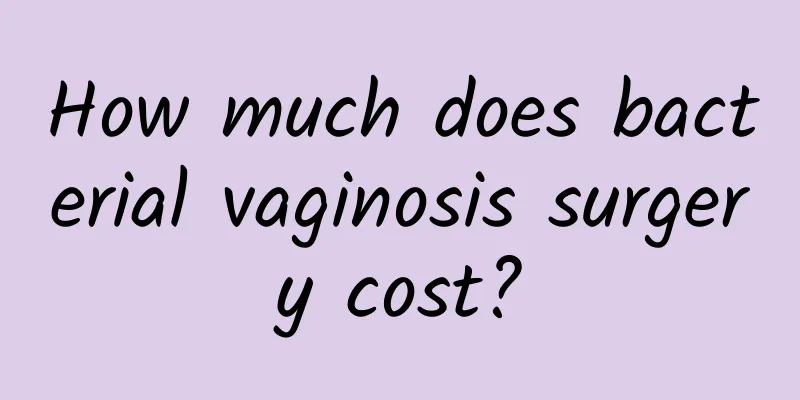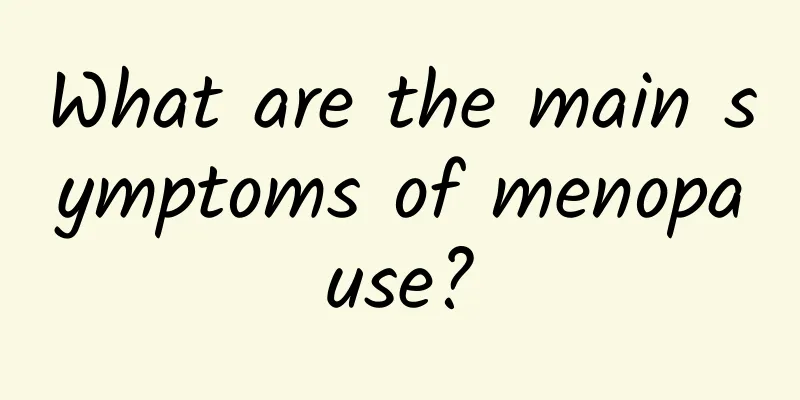What foods should I avoid when I have uterine fibroids?

|
Patients with uterine fibroids need to avoid certain foods, such as foods containing estrogen, nutritional supplements, health products, beauty products and medicines, spicy and irritating foods, seafood and hair-raising foods, barbecued, fried, pickled foods, high-fat foods, high-salt foods, and hormone-containing drugs. If you have any concerns or special needs, please consult a professional doctor or nutritionist for advice. 1. Foods, nutritional supplements, health products, beauty products and medicines containing estrogen: such as red dates, donkey-hide gelatin, royal jelly, and soy products (such as soy milk, soy flour, tofu, etc.). Because the occurrence of uterine fibroids may be related to estrogen, patients should try to avoid eating these foods. 2. Spicy and irritating foods: such as chili, pepper, raw onion, ginger, raw garlic, white wine, etc. These foods may stimulate the growth of fibroids and may also aggravate the symptoms. 3. Seafood and hair-raising foods: such as oysters, fresh shrimps, crabs, salted fish, eels, black fish, beef, mutton, dog meat, etc. These foods may contain high calories and fat, which is not conducive to recovery. 4. Grilled, fried, and pickled foods: such as grilled skewers, fried meat, canned food, kimchi, pickles, etc. The carcinogens and excessive salt in these foods are not good for your health. 5. High-fat foods: such as egg yolks, animal offal, fat meat, butter, etc. These foods may provide a lot of calories to the body and may cause the enlargement of uterine fibroids. 6. High-salt foods: such as processed meat products, pickles, etc. Excessive salt intake may cause fluid retention in the body and increase the size of the tumor. 7. Drugs containing hormones: such as contraceptives, etc. These drugs may cause endocrine disorders in patients with uterine fibroids and have an adverse effect on the recovery of the disease. Patients with uterine fibroids are advised to eat more seasonal fresh vegetables and fruits, as well as iron-rich foods such as spinach and animal liver, to prevent iron deficiency anemia. In terms of diet, natural vegetarian food should be the main food, and a high-fiber, low-fat, and low-sugar diet should be maintained to help improve the symptoms caused by fibroids and reduce the occurrence of inflammation. |
<<: What causes premature ovarian failure?
Recommend
What is the process of artificial abortion? There are two steps to artificial abortion.
Artificial abortion can generally be divided into...
How is the effect of interventional embolization treatment for adenomyosis?
Interventional embolization for adenomyosis is an...
Serious consequences of improper post-abortion treatment
The frequent occurrence of unwanted pregnancies i...
What tests should be done for low menstrual flow
If your menstrual flow continues to be light or u...
Hyperprolactinemia should be prevented and treated comprehensively
Hyperprolactinemia is a gynecological disease tha...
Can I drink brown sugar water after a miscarriage?
The glucose contained in brown sugar releases ene...
Is endometrial tuberculosis contagious?
Is endometrial tuberculosis contagious? Nowadays,...
I took Fematone for 28 days, but my period still hasn't come.
If menstruation does not come after taking Femost...
What should I pay attention to after the abortion? How many days do I need to rest after the painless abortion?
What should I pay attention to after an abortion?...
6 tips to avoid getting fat during Chinese New Year
On the eve of the Chinese New Year, many office w...
Reverse your sweet life! Are you experiencing the five major risk factors for metabolic syndrome? Beware of insulin resistance, a hidden killer
Be careful of metabolic syndrome if you eat and d...
What is the difference between medical abortion and miscarriage? How to choose between medical abortion and miscarriage?
The difference between medical abortion and misca...
Vaginitis can be divided into four common types
Vaginitis can be divided into four common types, ...
Experts explain the symptoms of uterine fibroids
After suffering from uterine fibroids, patients w...
How to differentiate functional uterine bleeding from systemic diseases?
Not long after Yuanyuan got married, her menstrua...









